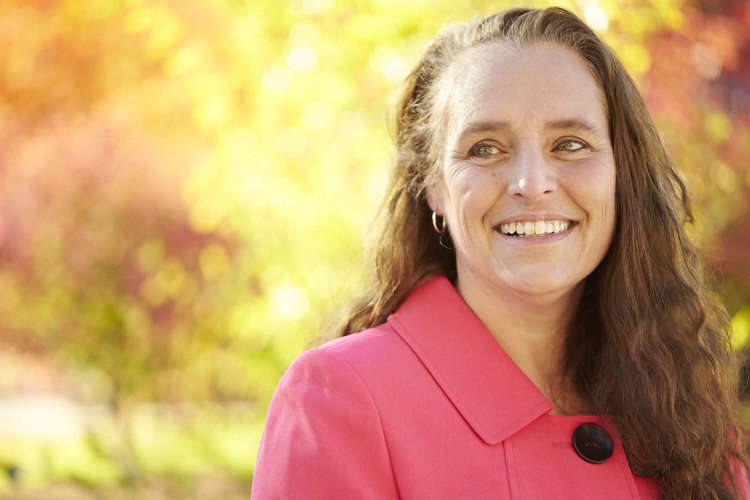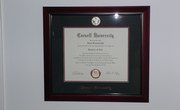As high school students near graduation, their next step is usually a choice between entering full-time employment or pursuing higher education. As each choice is accompanied with advantages and disadvantages, it's important to factor in career interest, financial capacity, academic preparation and life-long goals when deciding between the two.
Advantages of College Education
According to "The Condition of Education 2012" report from the National Center for Education Statistics, the average income for a college graduate as of 2010 was $45,000, in comparison with $29,900 for a high school graduate. Careers requiring a college education are also more likely to provide benefits such as job flexibility, insurance benefits and retirement funds. College provides experiences that are designed to broaden societal perspectives, provide an appreciation of diversity and encourage global thinking. College graduates are also more likely to enjoy greater job security and increased life savings.
Advantages of a High School Diploma
There are careers that do not require a traditional four-year college education but do involve vocational school or working alongside someone trained in a specialty field. Jobs such as an auto mechanic, real estate agent, fitness trainer or plumber are examples. If this is your interest, an internship or apprenticeship may be a better choice than going to college. Careers in the arts may not require a college education and it may make more sense to seek job opportunities directly instead of going to college. While you are statistically more likely to earn more as a college graduate, a college degree is not required in order to be wealthy. You may know of some exceptional examples of people that did not complete a college degree, such as Bill Gates, Paul Allen, Larry Ellison and Michael Dell, and still did very well financially and personally.
Disadvantages of a College Education
Affording college can be a hardship. Students who cannot pay for college on their own usually rely on student loans, and student loan debt is on the rise. According to a report by NBC News, in 2011, college graduates entered the work world with over $26,000 in student loan debt. Compounding issues of indebtedness, student loans are usually not eligible for loan forgiveness programs such as bankruptcy. High rates of unemployment have left almost a third of college graduates employed in jobs unrelated to their field of study. This has made repayment of loans more challenging.
Disadvantages of a High School Diploma
A high school diploma provides less flexibility in seeking employment in uncertain economic times than a college education does. High school graduates have a higher unemployment rate in comparison to college graduates, as well. In February, 2013, The Atlantic reported the unemployment rate for people with college degrees as 3.7 percent versus 12 percent for people with high school diplomas. Also, employed high school graduates have a lifetime earning potential of almost half of college degree holders.
Related Articles
References
Writer Bio
Dr. Kelly Meier earned her doctorate from Minnesota State Mankato in Educational Leadership. She is the author and co-author of 12 books and serves as a consultant in K-12 and higher education. Dr. Meier is is a regular contributor for The Equity Network and has worked in education for more than 30 years. She has numerous publications with Talico, Inc., DynaTEAM Consulting, Inc. and Kinect Education Group.











